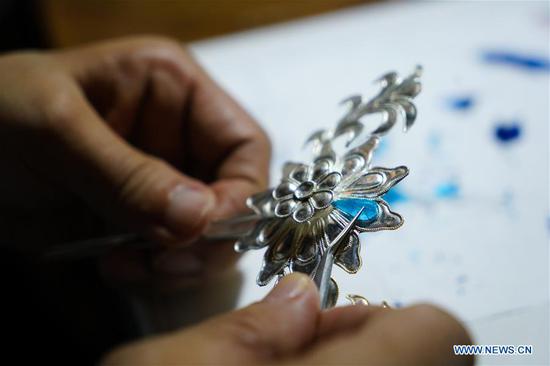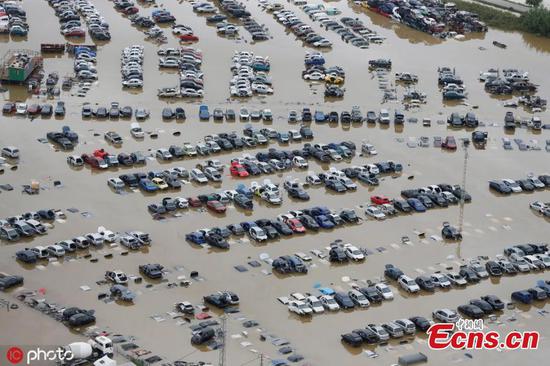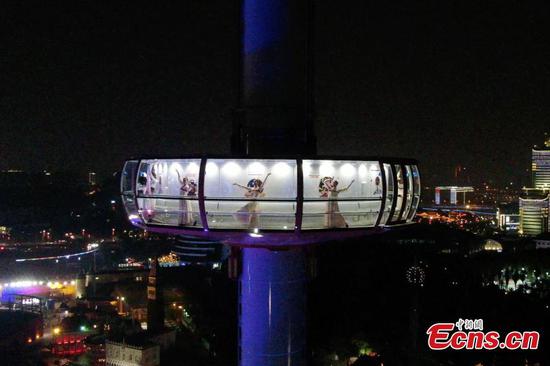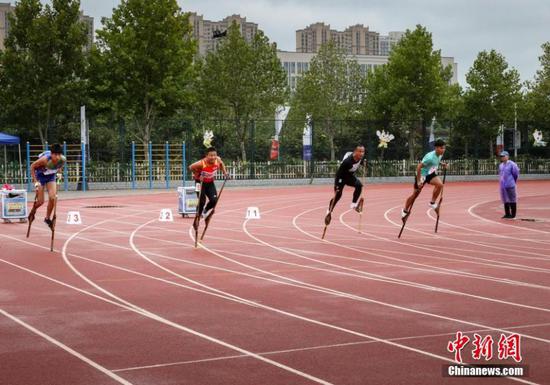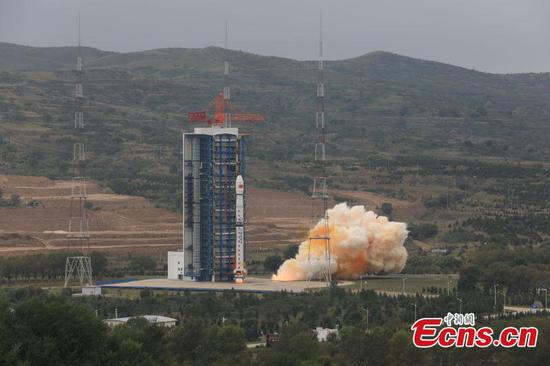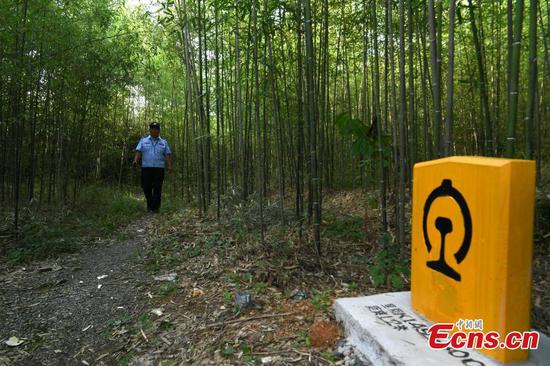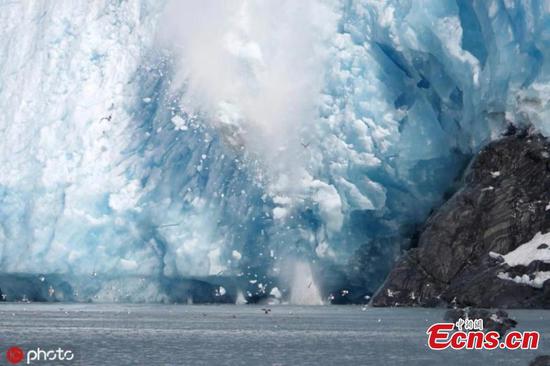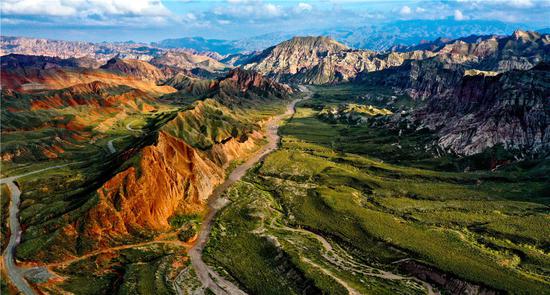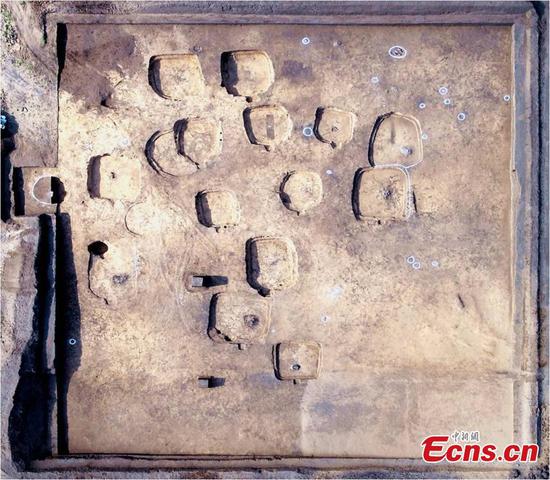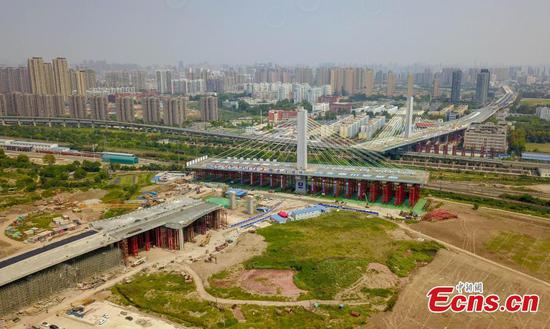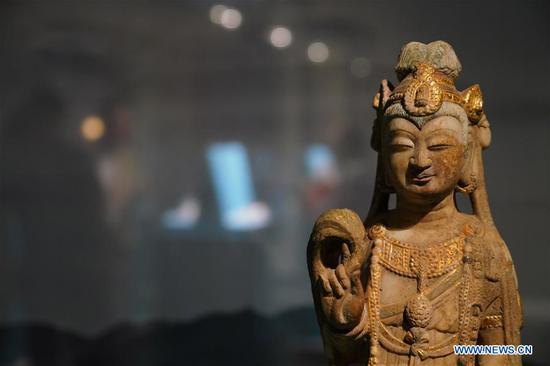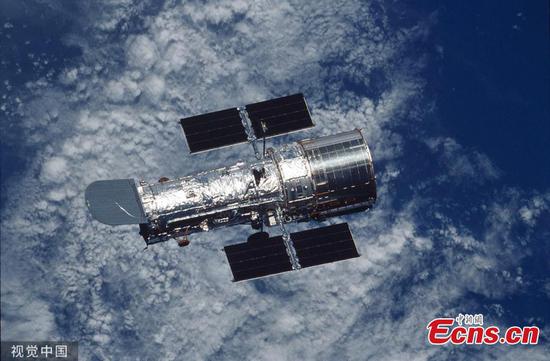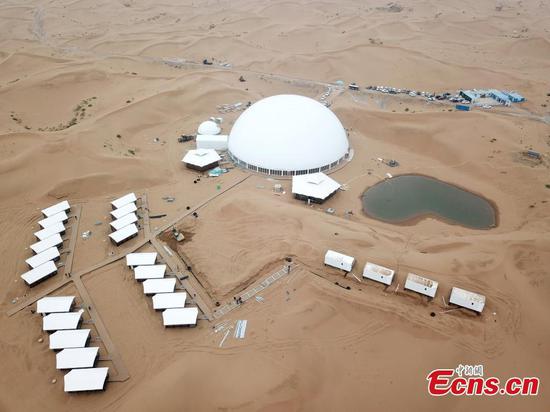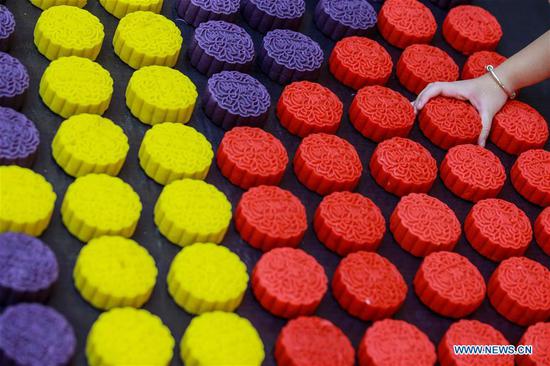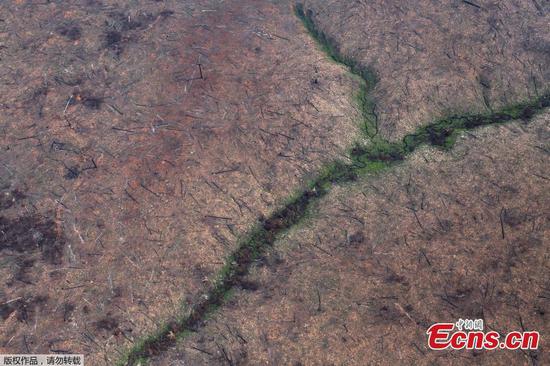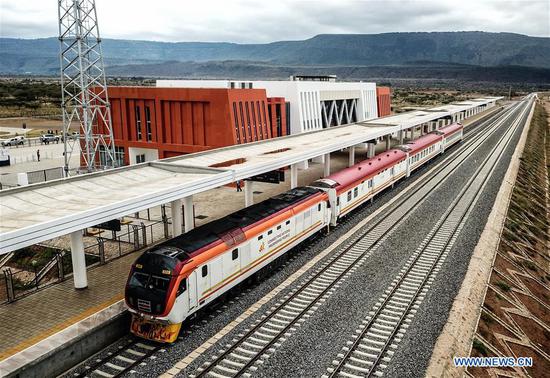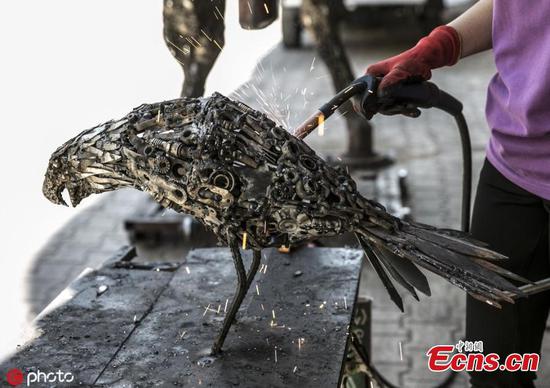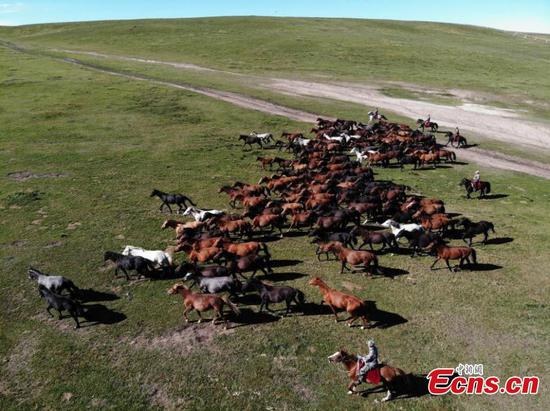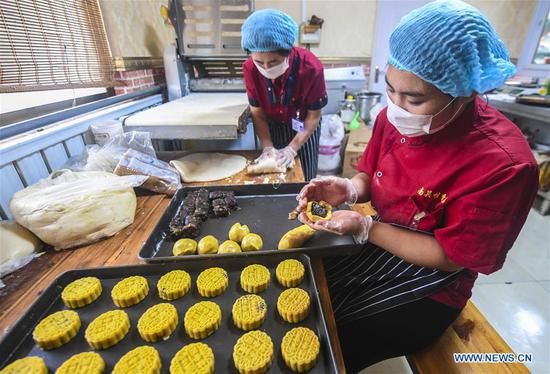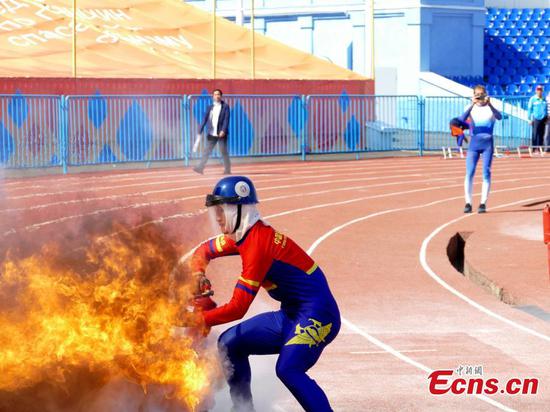Saudi stocks fell sharply on Sunday, after attacks on two plants at the heart of the kingdom's oil industry a day earlier knocked out more than half of its crude output.
The decline extended a losing spree for Saudi stocks, which in recent weeks have been hit by expensive valuations, weak oil prices and concerns about the economic outlook.
The drone attacks were carried out by Yemen's Houthi group, its military spokesman said on Al Masirah TV.
At 0914 GMT, the Saudi market was down 1.3 percent. The index TASI has lost all its gains this year and is down about 18 percent from its 2019 high of 9,403 points seen in early May.
Saudi Basic Industries, the kingdom’s biggest petrochemicals firm, was down 2.4 percent after it said it had curtailed feedback supplies by about 49 percent following the attacks.
"The stock market has been affected, especially the petchem sector, (as) the efficiency of some major companies will be about 50 percent in the coming 10 days," said Mazen al-Sudairi, head of research at Al Rajhi Capital.
Other Gulf markets also reacted negatively to the attacks, with Kuwait's premier index BKP down 0.4 percent and Dubai stocks DFMGI falling 0.5 percent, although they recovered from sharper intraday losses.
Impact on IPO
The strikes come at a bad time for Saudi Arabia, which is preparing for the listing of oil giant Saudi Aramco. The strikes are unlikely to derail the much-touted initial public offering (IPO) but could impact its valuation.
The IPO, earlier scheduled for 2018, has already been mired in delays as it reportedly struggled to reach the two trillion U.S. dollar valuation desired by Saudi rulers.
"Crown Prince Mohammad bin Salman will push the company to demonstrate that it can effectively tackle terrorism or war challenges," said Eurasia Group analyst Ayham Kamel.
"(But) the attacks could complicate Aramco's IPO plans given rising security risks and potential impact on its valuation."
For many traders, the temporary loss of production is secondary.
The use of seemingly low-grade drones to strike the world's most profitable company highlights the easy vulnerability of oil infrastructure in the kingdom, which has splurged billions on sophisticated defense equipment.
The Abqaiq plant – seen as the crown jewel of the kingdom's oil infrastructure with a capacity of more than seven million barrels per day – is the "most vulnerable" among Saudi sites, the Washington-based Center for Strategic and International Studies said in a report.
"Abqaiq is the heart of the system and they just had a heart attack," said Roger Diwan, an energy expert at consultant IHS Markit was quoted as saying by Bloomberg News.
(With input from Reuters, AFP)









